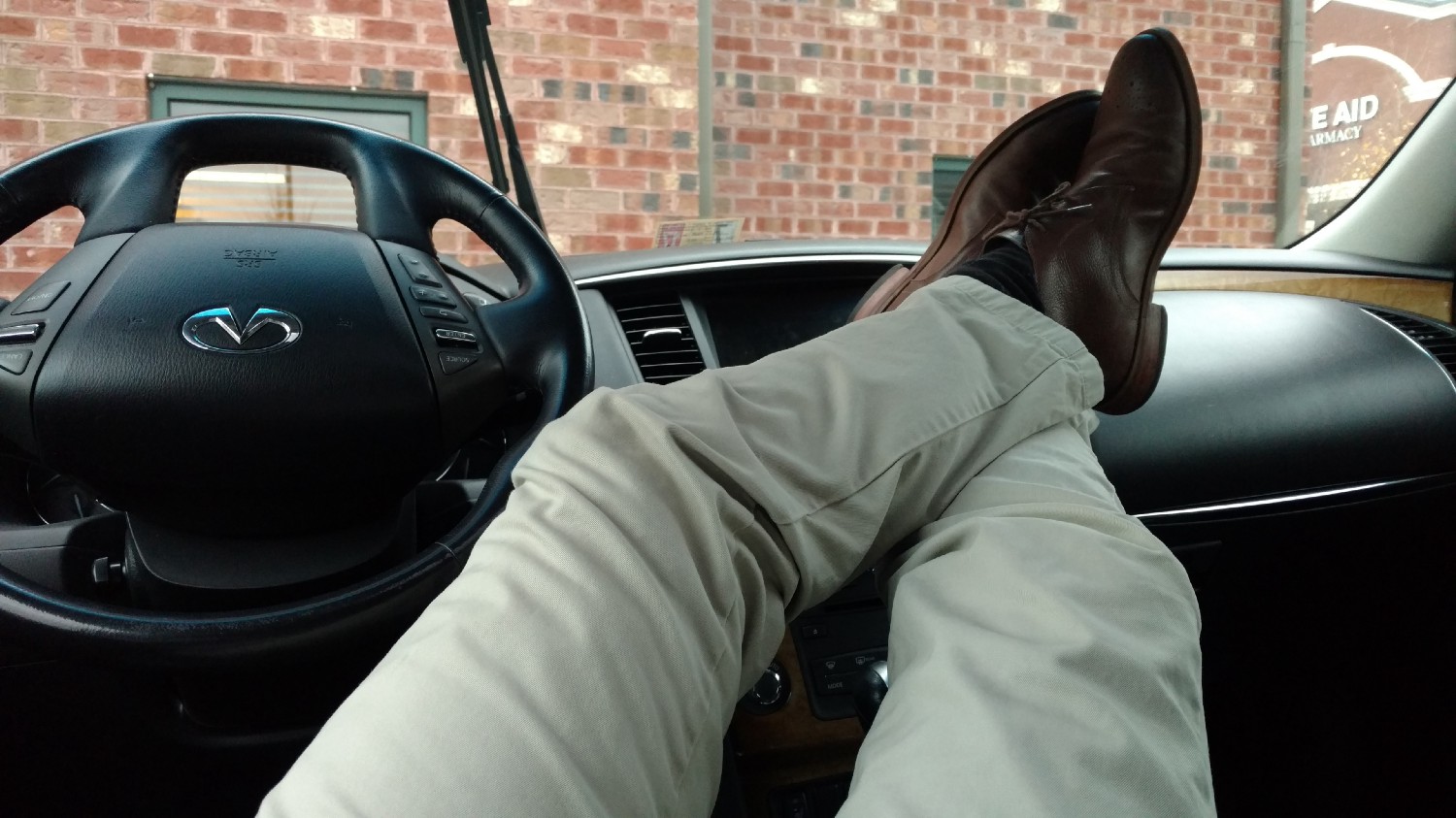“Start! Come on, start!”
Unfortunately, my car is not listening to my desperate pleas as I repeatedly press the ignition button on my console. Fleeting flickers of dashboard light and feeble movement of my car seat is all the automobile will cough up before it quietly dies.
Sitting quietly in the dark, the irony of my current situation is not lost on me. I drove my son to his piano lesson thinking the 45-minute period would be a great time to hammer out an article about sleep. It turned out to be a great time to fall asleep in the driver’s seat (parked!) listening to a fascinating NPR story about buried drugs and a convoluted search for them. Fast forward to the present — dead battery, frustrated driver, confused 12 year-old pianist.
I’m a sleep specialist who has been in the field for over twenty years. It’s taken me about that long to realize that, like a car, we all have a battery. When we overtax that battery, bad things happen. Recent travels to New York, final edits on my book, a busy clinic schedule, and family responsibilities overtaxed my battery and sleep happened. It always does.
As a society, we are slowly starting to realize this simple, inescapable fact: Sleep is an essential component to our overall health and productivity. The connections between sleep and our cardiovascular fitness, weight, and immune system functioning are well established and accepted. Newer discoveries linking poor sleep to Alzheimer’s disease and cancer have created more urgency in changing the way we view the role of sleep in our lives.
While progress can be slow, these positive sleep changes are happening on a bigger scale than ever. Medical residency programs have taken steps to reduce the absurdly long hours residents are forced to work, and error rates have declined. Groups across the country are pushing back against early school start times, and those who are successful have shown improvements in student academic testing. Southwest Airlines pilots can call in anytime they do not feel rested enough to pilot an aircraft. The policy does not penalize pilots for bowing out, and they still receive their full monetary compensation, effectively eliminating the financial ‘pressure’ to work.
While there are many more examples of how sleep policies are changing, much more needs to be done. As research continues to reveal the long term hazards of shift work and our 24-hour culture, we are going to be forced to deal with the fact that 15% of our workforce works nontraditional work shifts. As more information is made available about the immediate and long term danger of this kind of work, creative solutions are going to be necessary to ensure productivity while protecting employee health. I use the example of asbestos frequently. Asbestos is a cheap, effective, and readily available insulator. Unfortunately, it causes lung cancer. I’m sure there was tremendous resistance to the idea of removing it all from our buildings, as there will be resistance to the idea of reducing or eliminating shift work and making other changes that benefit our sleep.
I unfortunately do not have all of the answers. I am optimistic however that this new platform Thrive will help lead the way towards solving these issues and ensuring that everyone has the knowledge and opportunity to achieve healthy and productive sleep. Through proper education and dealing with real scientific research (are their sleep health deniers out there?), I hope Thrive can be a world leader in pushing for sleep policy change. It must be, because the alternative is far worse than a dead car battery.
Originally published at medium.com


